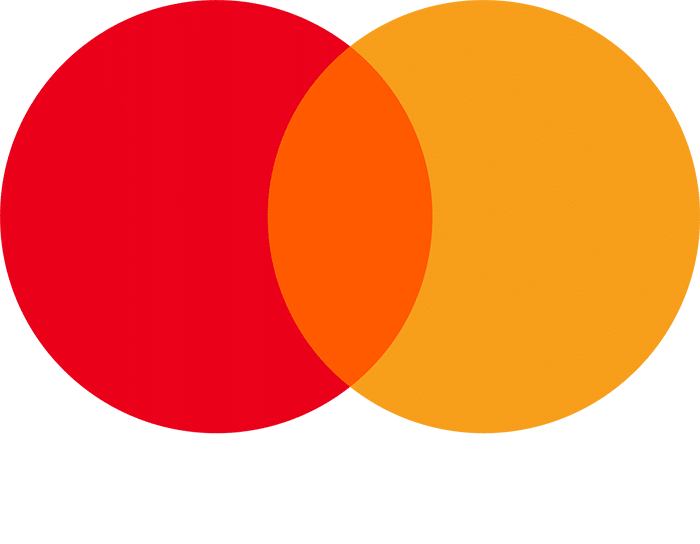Ontario Curriculum Expectation:
6.F.1.2 identify different types of financial goals, including earning and saving goals, and outline some key steps in achieving them.
Read the Following Selection
Read the following selection, or click on the play button below to listen aloud.
Setting Financial Goals
A goal is something that a person or group wants to achieve. One of the best ways to achieve a goal is to make a plan. The plan includes steps—things to do that help to achieve the goal.

Setting financial goals are goals that relate to money.
What Are Financial Goals?
Financial goals are goals related to money. A financial goal affects how people spend and save money. They make decisions about how to spend and save money in ways that help them achieve their goal. Knowing how to set financial goals and make plans for how to achieve these goals is an important life skill.
Who Can Set a Financial Goal |
Examples of Financial Goals |
An individual |
Buy a new pair of sneakers |
A family |
Buy a house |
A school class |
Raise a certain amount of money to help a cause |
Community |
Build a community centre |
Organization (such as a business or charitable organization) |
Buy new computers to replace old ones |

What Are Time Frames for Goals?
To make a good plan for achieving a goal, people need to decide what is a reasonable amount of time for achieving the goal. The amount of time it takes to achieve a goal is the time frame for the goal.
For financial goals, time frames can be grouped into three categories:
• Immediate goals can be achieved in one or two months.
• Short-term goals can be achieved in one or two years.
• Long-term goals take more than two years to achieve.
What Are Some Common Types of Financial Goals?
Many people have financial goals that are related to earning money, saving money, investing money, or donating money.

Some people set a financial goal of donating money each month or year.
• Earning money: People who do not earn money can set the goal of finding a way to earn money. People who do earn money might set the goal of finding a way to earn more money. For example, someone who has a job might set the goal of finding a job that pays more.
• Saving Money: Saving money—putting money aside to use in the future—is one of the most common financial goals. Some people save money so they can use it for unexpected but necessary purchases they may need to make in the future. Many people save money to use for a specific purpose, such as buying a new car.
• Investing money: Investing money means using the money you have to make more money. For example, if you put money into a bank account that pays interest, the bank will add some money to your account each month.
• Donating money: Many people feel it’s important to use some of their money to help people in need or other causes, such as protecting endangered animals. Some people set a financial goal of donating a certain amount of money each month or year.

What Is a Trade-Off?
A trade-off is when people accept something they don’t want or don’t like in order to get something they want. Achieving financial goals sometimes involves making trade-offs. For example, Tariq does a few chores around the house to earn his allowance. To help him meet a financial goal, Tariq asks his mother for an increase in his allowance. His mother agrees to increase his allowance if he adds vacuuming the whole apartment once a week to the chores he does already. Tariq hates vacuuming, but he accepts the new chore so he can get an increase in his allowance. Tariq has made a trade-off.
Now, show what you know!
Complete some questions about the reading selection by clicking “Begin Questions” below.









